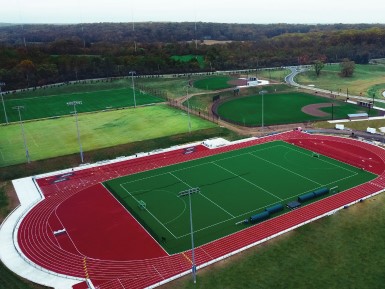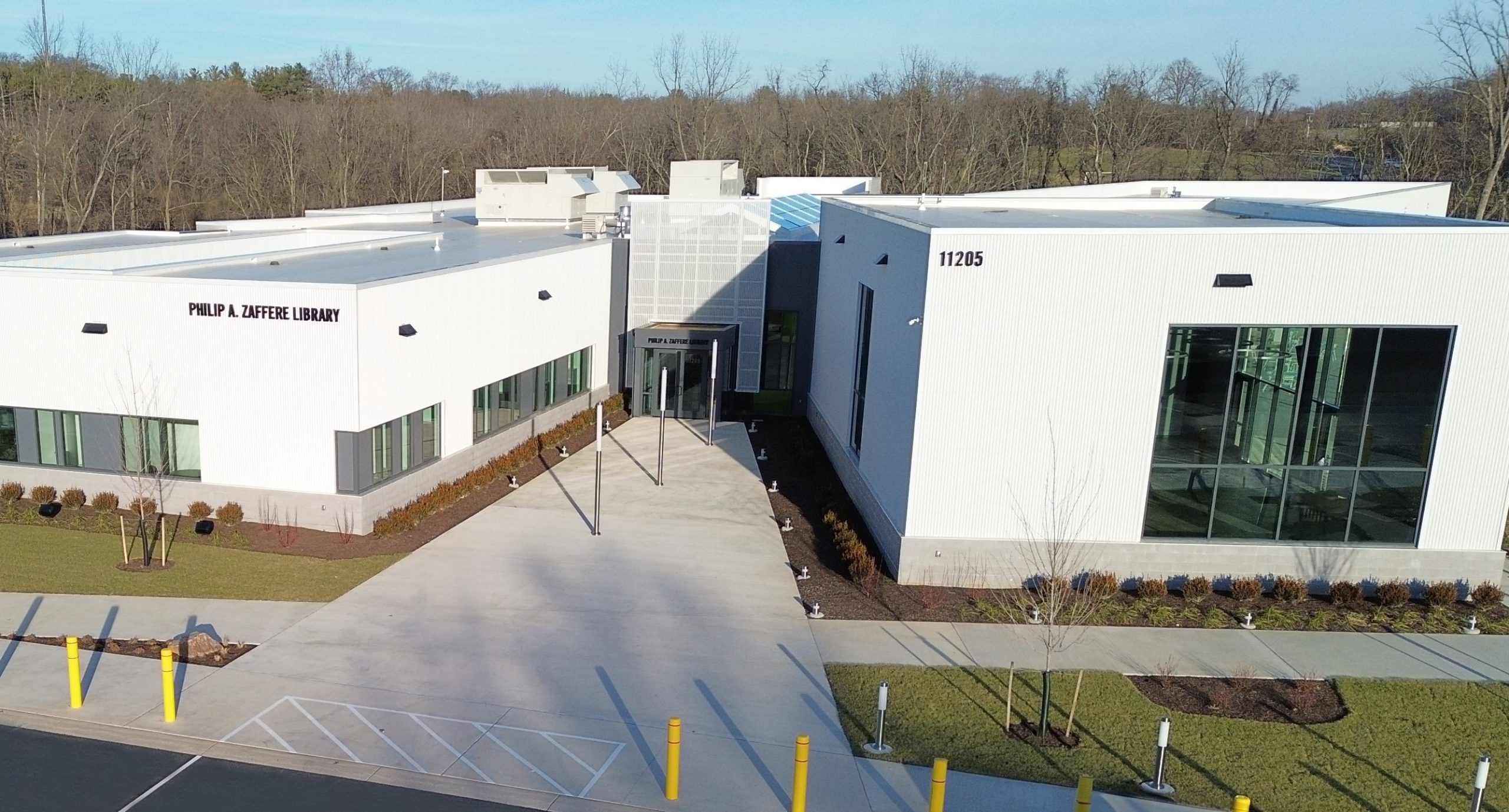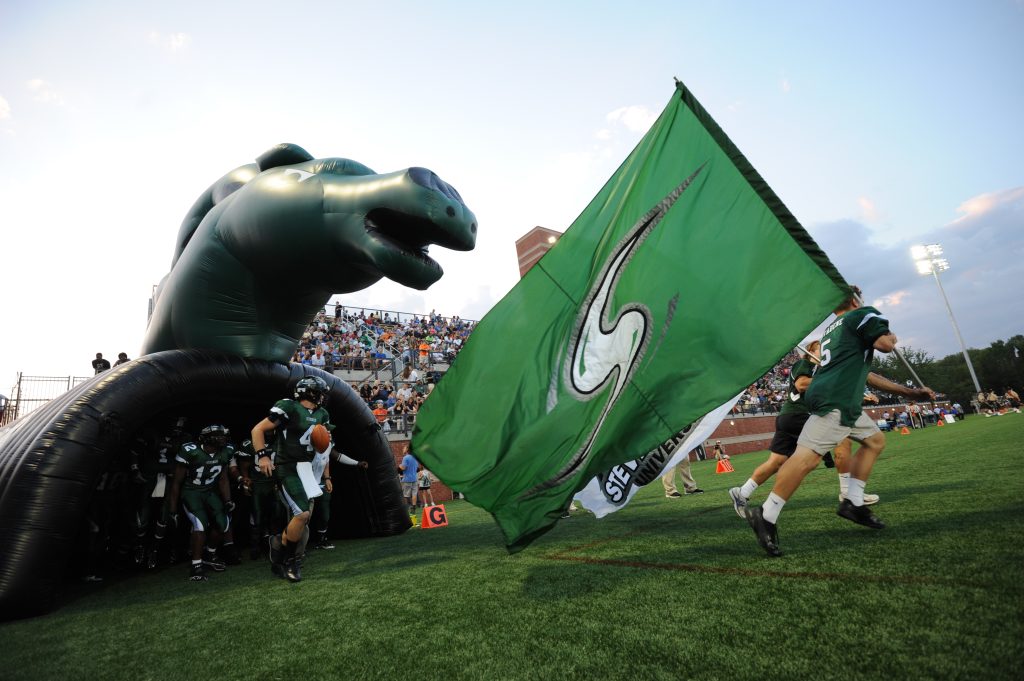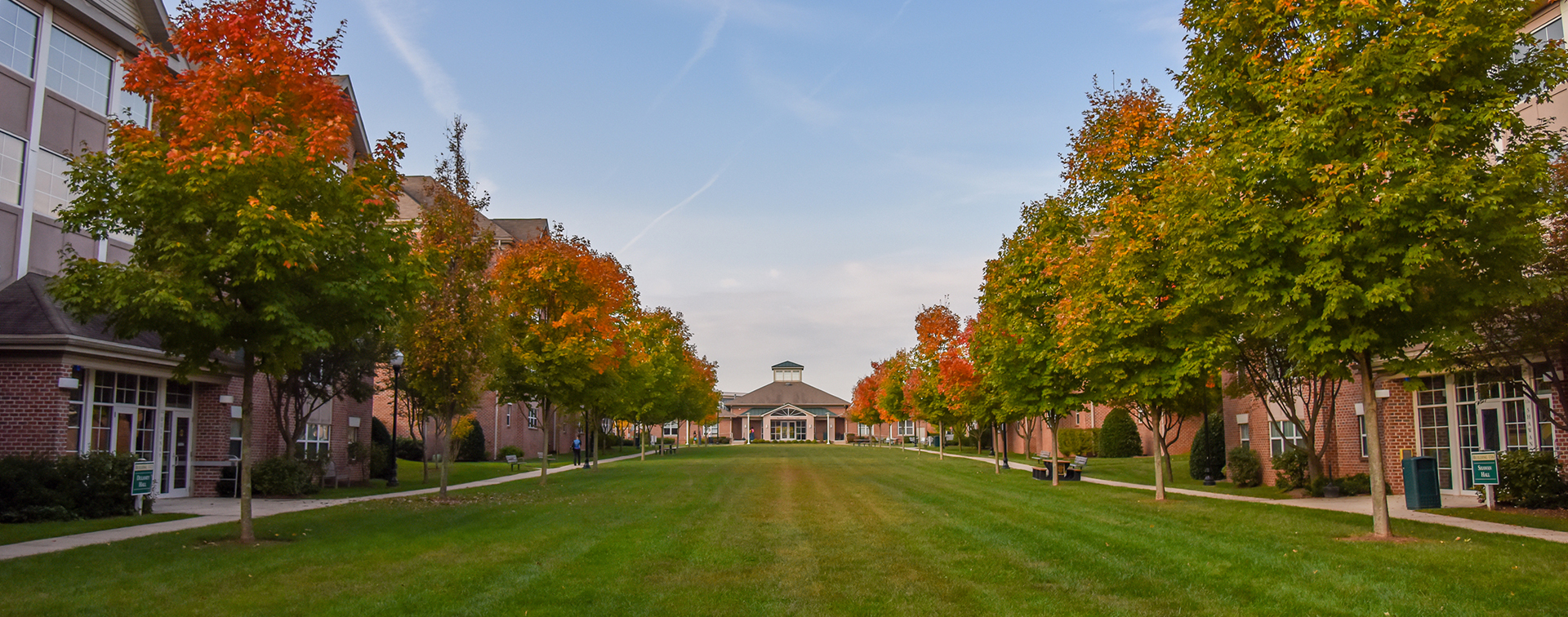������ýֱ�� is committed to free and open discussion of ideas and opinions and promotes participation in political activities (defined below) by members of the University community as a means of furthering educational goals or in their individual capacities and as private citizens. At the same time, as a non-profit, private institution of higher education whose activities are regulated in part by Section 501(c)(3) of the Internal Revenue Code, the University itself is prohibited, by law, from directly or indirectly participating in any political campaign on behalf of or against any candidate for elected public office. Accordingly, no University school, department or unit, and no member of the University community speaking for the University may advocate for or against a candidate for elected office (defined below) or use University resources to do so. Violation of this prohibition can result in penalties for the University, including but not limited to jeopardizing the University’s tax-exempt status. While members of the University community have rights as responsible citizens to become informed participants in our nation’s democratic process, it is important to know and adhere to legal requirements arising from the university’s tax exempt status.
This policy is applicable to faculty, staff and students. It provides general guidance so that they may engage fully in in the political process in a manner that does not jeopardize the University’s tax-exempt status. Be aware that implied endorsement of a candidate can be just as problematic as explicit endorsement. The policy also provides guidelines for permissible appearances of candidates on campus. In order to ensure that participation in political activity by a member of our community is not attributable to the institution, it is imperative that no University resources be made available to political candidates or any individuals or organizations involved in a political campaign.
Definitions:
- Campaign means an organized effort to influence individuals and/or groups to elect a particular candidate(s) to public office.
- Candidate means an individual who has announced themselves as campaigning for an elective office, whether federal, state or local.
- Political Activities means actions that endorse or oppose a candidate, a political party or a political action committee; taking a position on an issue for the purpose of assisting or opposing a candidate or political party in a campaign; or otherwise supporting a candidate, political party or political action committee in a campaign.
- University Resources for the purposes of this policy means: all University property and services including but not limited to University funds and purchasing mechanisms, including procurement cards; University offices, conference rooms and other spaces and facilities; food purchases; University copiers, facsimile machines, computers and other equipment; University computer networks, websites, social media accounts, email accounts listservs and mailing lists; University telephones and voicemail, and mail systems; and University letterhead, stationery, and other supplies.
Political Activity Guidelines
Faculty and staff (including student employees) who directly or indirectly engage in political campaigns on behalf of, or in opposition to, any candidate should do so in their individual capacity without mention of affiliation with the University; they may not engage in political activities during work hours or any time they are acting as a representative of the university.
If a proposed activity is not discussed in these guidelines, or if there is uncertainty about the permissibility of a proposed activity, contact the President’s Office, Chief of Staff, before engaging in that activity in order to obtain appropriate guidance.
- Candidate Appearances
Appearance of a candidate on campus must be for an educational or information discussion, forum or talk to the University community or for political debate. Such appearances must be approved by a Vice President. If one candidate is invited to speak at an event, the University must provide all legally-qualified candidates for the position an opportunity to appear either at the same event or at a comparable event within a reasonable time period. The event may not be conducted as a campaign rally or intended to assist a particular candidate, and the moderator must make it clear that the university does not support or oppose any candidate.
- Candidate Campaigning, Endorsement and Fundraising
Except where otherwise noted, the following prohibitions apply to all University entities supported in whole or in part by University funds, including registered student organizations.
Candidate campaigning (solicitation) on University property is prohibited. This includes, but is not limited to, posting or distribution of posters, fliers or leaflets, or transmission of materials over the internet. No school department or unit of the University may post hyperlinks to a candidate’s website or campaign websites on a University website.
No candidate may be endorsed directly or indirectly by the University or by a school, department or unit of the University.
Funds or other contributions to support a candidate, political party or political action committee may not be solicited or made in the University’s name, on University property or using University resources. All such contributions by faculty, staff or students may be made only in an individual capacity. If faculty, staff, or students are listed as supporters of a political campaign or initiative it should state the support is personal and it should be without mention of the University name.
Campaign paraphernalia may not be sold, distributed or made available by schools, departments or units of the University.
- Event Communications and Postings
Student organizations, officially-constituted campus groups, or other units of the University that are sponsoring an approved discussion, forum, talk or political debate or an approved voter education or registration activity may use campus communication mechanisms to announce an event. All such communications and postings must comply with the University’s communication policy and must contain a disclaimer described in Section E below.
- Presentations and Political Speech
Faculty, staff and students are free to express their individual and collective political views on their own time, provided they understand and make clear that they are not speaking for or in the name of ������ýֱ��. In addition, faculty, staff and students are prohibited from using any university resources (including but not limited to facilities, funds, vehicles, copy machines, email, telephones, office supplies, mailing services) for political activities, unless expressly permitted in this Policy.
- Student Organizations
It is desirable to have student organizations remain engaged and active in the political process and it is understandable that organizations, such as the College Democrats and College Republicans, are interested in supporting candidates represented by the respective political parties. However, no student organization represents the views of ������ýֱ��. No student organization exists simply to support one candidate over another and the Office of Student Life and Leadership will not register a student organization that has a goal of supporting of a particular candidate.
Student political clubs and organizations recognized by the university may invite candidates of their choosing to speak on campus provided that they obtain approval in advance from the University and adhere to all other campus event policies, including but not limited to the Candidate Appearances requirements noted above. Fundraising at such events is prohibited. The SU logo may not be used in any promotional materials, electronic advertising, or in social media advertising the event. Any such promotional materials should include the following disclaimer:
OPTION A – “The opinions expressed will be neither the opinion of ������ýֱ�� nor its Trustees and will not be sanctioned by ������ýֱ��”
OR
OPTION B – This event, publication/solicitation is sponsored solely by the “insert name of group/organization” without the support or endorsement of ������ýֱ��. ������ýֱ�� does not participate in political campaigns on behalf of or in opposition to any candidate for public office.
- Use of Facilities, Funds and Resources
Use of University facilities and resources in support of a political candidate, party, referendum, or political action committee (PAC) that could give the appearance that the University is supporting one candidate or position over another is not permitted.
The use of facilities by student organizations does not imply acceptance of or endorsement by the University.
������ýֱ�� is a private institution and is therefore private property. External individuals or groups who are not part of the Stevenson community have no right to use University space for engaging in political activities, including but not limited to demonstrating, protesting or handing out literature, or posting notices on Stevenson property. Those who violate this policy can be considered to be trespassing and therefore subject to arrest.
Any policies on use of University facilities shall apply.
- Use of University Name, Seal and Insignia
The University’s name, seal and insignia or those of a university school, department or unit may not be used on any documents to endorse or oppose any candidate for elective public office. This prohibition applies to any University entities supported in whole or in part by University funds, such as registered student organizations.
- Voter Registration and Registration Activities
Voter education and registration activities are permitted as long as such activities are focused on increasing public understanding of the political process or encouraging participation in that process. Such activities must be conducted in a non-partisan manner and may not focus on or target voters of a particular candidate or party.
- No Political Fundraising
No political fundraising may occur at a campus event.
- Other Resources
A useful and comprehensive summary concerning political campaign-related activities at colleges and universities is the American Education publication “.”
(Approved July 2018)






